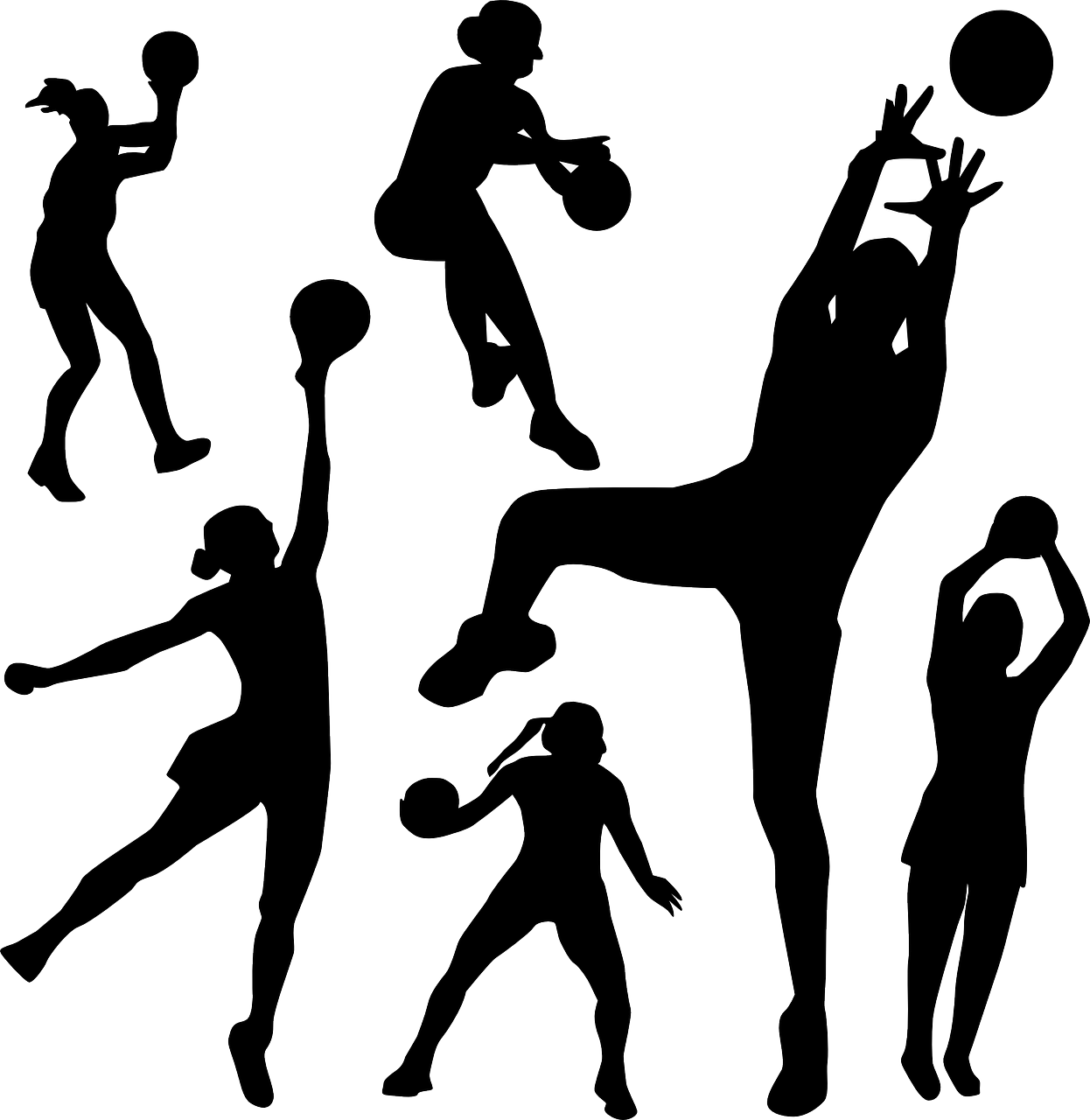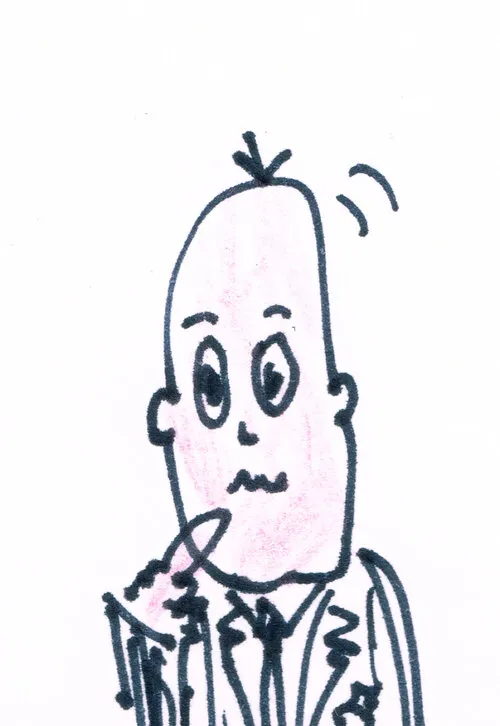Welcome to the third part of this mini-series, in which I consider lessons we might learn from sports and sports personalities which we can apply to educational Computing. I’ve called today’s rule the rule of eclecticism because it’s about learning from different, and disparate, disciplines.
Try thinking of something different — by Terry Freedman
If you saw the old 80s movement The Karate Kid, you’ll recall that the boy, Daniel, who wanted to learn karate through private tuition from the master, Mr Miyagi, ended up doing things like painting his fence. That didn’t seem like it had much to do with self-defence, except that when it came to the crunch Daniel was able to use all those movements to good effect in a fight. That’s an example of the rule of eclecticism.
A great exponent of this approach is Olympic swimmer Liam Tannock. According to a television interview (reported on the BBC’s sports website), Liam took up ballet, kick-boxing and rock-climbing as part of his training regime. He explains the ballet by observing that ballet is all about being aware of your body, and where your hands and feet are. As for kick-boxing, that’s about controlled aggression, power and strength. I’m not sure how he explains the rock-climbing; perhaps it’s to do with developing self-confidence and strength.
The important thing, though, is that he believes in learning from any discipline he can if it means being able to shave off a hundredth of a second here, and another hundredth of a second there.
Something else which occurs to me is that it’s difficult to think outside the box, as the expression goes, if you only stay in that box and only meet other people in the same box. By turning to a completely different field you come into contact with people and methods entirely different from what you’re used to.
So how might this sort of approach work in Computing? There are some obvious approaches, I think, such as turning to media studies websites for ideas and resources about making videos, and looking on business websites or local businesses for ideas and resources concerning spreadsheets and business communications.
But are there any less obvious connections you could make? How about…
researching how different authors write their books
finding out how museums organise exhibitions
looking into why libraries hold the displays they do
studying how a local car servicing garage works
etc ?
To be honest, I have no preconceptions about how these examples could be useful – although, having written them down, I can think of a few ways I’d probably be able to use them – but really that’s the point. The idea is to look at different subjects or areas of life or professions, and ask if they do anything that we could learn from in Computing. You never know: spending an hour or two each term brainstorming along these lines could yield some great ideas for the future.
If you found this article interesting, please consider subscribing to my free newsletter, Digital Education.


